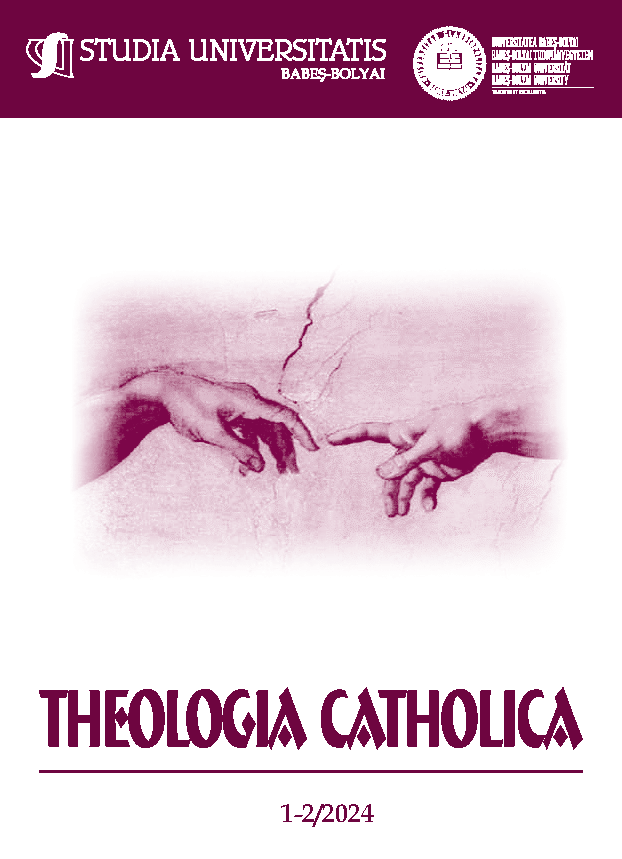LA QUESTION DU BIEN COMMUN CHEZ SAINT THOMAS D’AQUIN
DOI:
https://doi.org/10.24193/theol.cath.2024.08Keywords:
Common good, justice, prudence, law, govern, concordAbstract
The common Good at the Saint Thomas d’Aquin. According to Aristotle’s definition, taken up by St Thomas, man is a “political animal”. This raises the question of the good of the community, the common good. A study of Thomas’s notion of the common good leads us first to consider the notion of good. The common good of a community is its end, first in order of intention but last in order of execution. For St Thomas, the end of the community is twofold: a transcendent end, God, and an immanent end. This immanent end is not produced but achieved by and through virtuous acts. These acts are those of the members of the community. The common good is both the exercise by the members of the community of the social virtues, i.e. general justice and political prudence, and the state that results from this exercise: social justice. The laws enacted by those who govern prudently have as their goal the common good, that is to say, ultimately harmony or what we might call “living well together”.
Downloads
Published
How to Cite
Issue
Section
License
Copyright (c) 2024 Studia Universitatis Babeş-Bolyai Theologia Catholica

This work is licensed under a Creative Commons Attribution-NonCommercial-NoDerivatives 4.0 International License.



